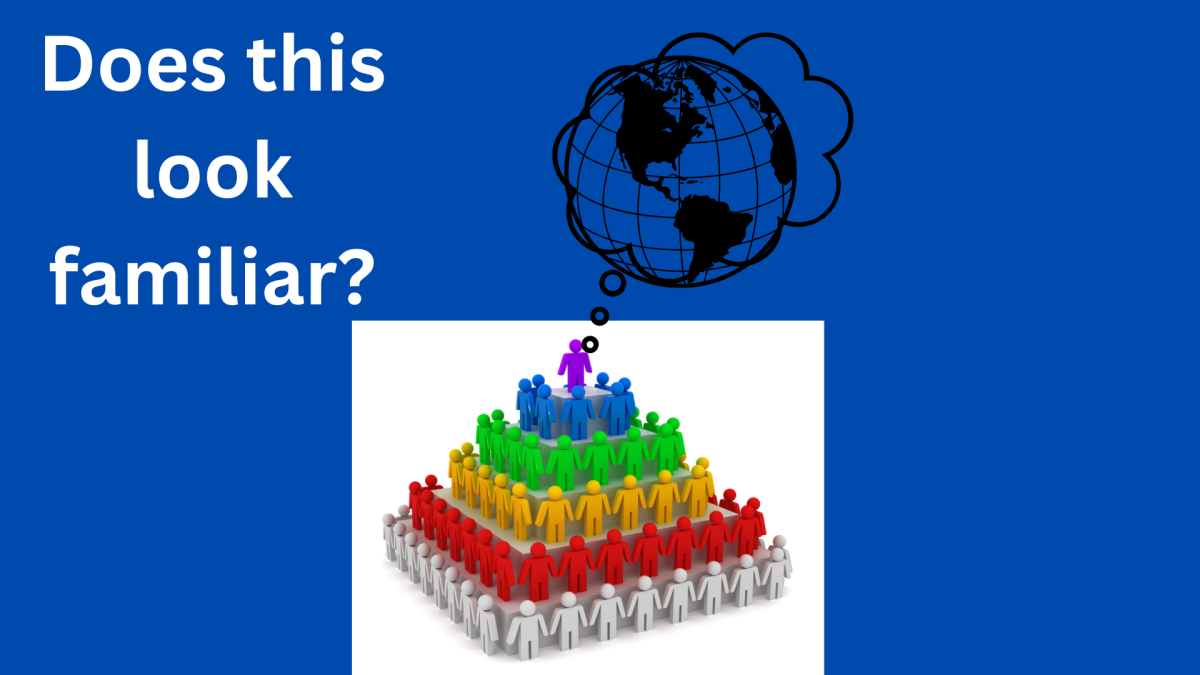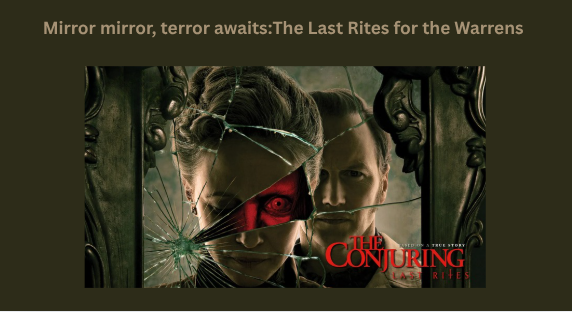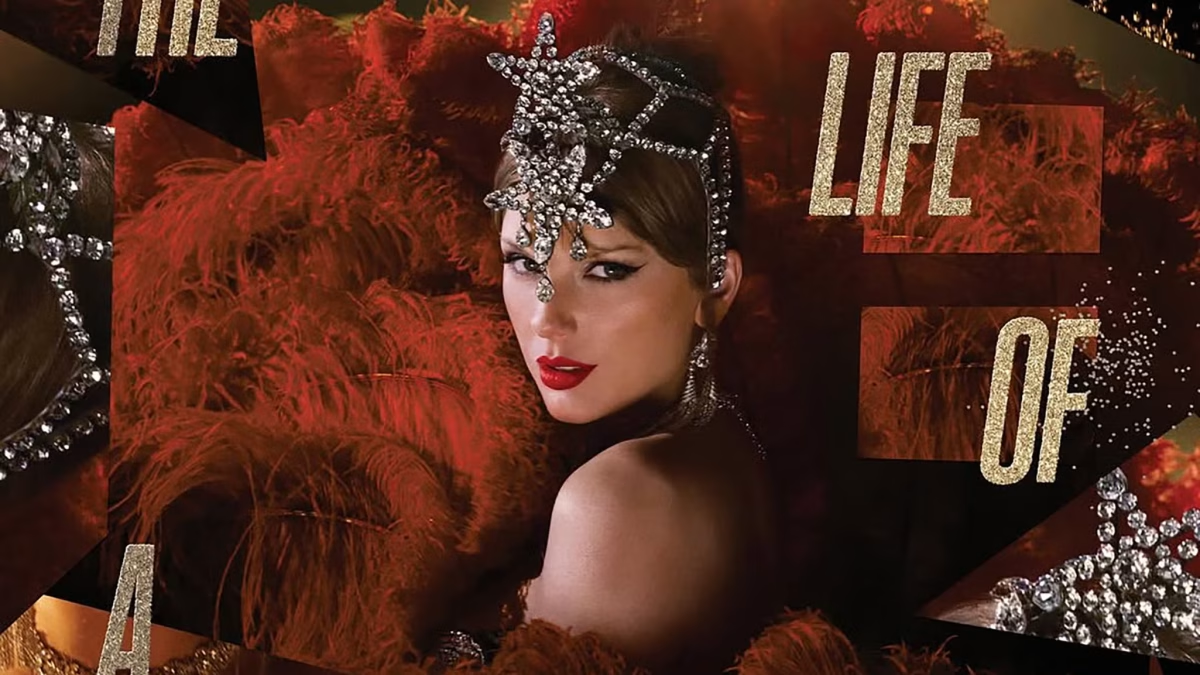What do you think of when you hear the word “cult”? The Manson Family? The Branch Davidians, maybe? What about SoulCycle, or Lululemon?
As defined by Merriam-Webster, a “cult” is a group of people intensely devoted to a person, object, or idea. More often, however, the word “cult” conjures up images of an obsessive sect, devoted to a single leader who controls their lives and thoughts absolutely, usually to harmful ends.
Amanda Montell’s Cultish: The Language of Fanaticism (2020) establishes a spectrum of manipulative groups. More “obvious” cults, like Synanon, which counted Montell’s own father as a member, are at one end of the spectrum. But at another end are widely accepted groups with a cult-like devotion to a style or idea, like clothing brands or, more contemporarily, Taylor Swift fans.
All groups on the spectrum control their followers using a particular, manipulative type of language Montell calls “Cultish (like English, Spanish, or Swedish).” The linchpin of our attraction to cults, she argues, is the language cult leaders use: emotionally-charged “loaded language” phrases, the establishment of an “us vs. them” paradigm, among other tricks. Also at play are cognitive biases like the Sunk Cost Fallacy, and a certain level of psychological and cultural buildup.
As Montell’s interviews with ex-cult members attest, The People’s Temple, Heaven’s Gate and Scientology have all put these tactics to use. But so have more low-key manipulators, including spiritual influencers like Betinho Massaro and fitness chains like CrossFit.
At each level, the book explores the harms of its cults of choice, which can range from cultural appropriation to forced suicide.
In addition to being an invaluable intellectual resource, Cultish is a masterwork of narrative nonfiction. It presents grimly fascinating information about controlling groups with a straightforward, conversational tone. Montell occasionally gives personal anecdotes, which enhance the emotional weight of her information. Overall, the book reads like an on-paper TED Talk about manipulative lifestyle groups.
To that end, perhaps the most praiseworthy part of Cultish is its attention to how cults actually work. “Our culture tends to provide pretty flimsy answers to questions of cult influence,” Montell writes in her introduction, “mostly having to do with vague talk of ‘brainwashing.’” In fact, cult members are just everyday people whose vulnerabilities have been exploited by the unscrupulous. This book may help readers realize that they, too, could be convinced to join a cult–and perhaps, in some sense, already have been.
To be clear, there is a spectrum of cultishness, and not all group connection ends in a catastrophic, cult-style implosion. Montell writes, “I…don’t think it’s helpful to decide there’s something naturally, defenselessly malevolent about the everyday ‘cults’ to which most humans belong. SoulCycle is not Scientology. Instagram influencers are not Jim Jones.” But while most mainstream groups are part of one’s life, cults become one’s life. Worse, the book points out, dangerous individuals can now deceive people with YouTube videos and social media posts instead of in-person lectures and retreats. Now more than ever, cults are the quicksand of society; hopefully, readers will find that Cultish helps them see the warning signs before they are pulled under entirely.















